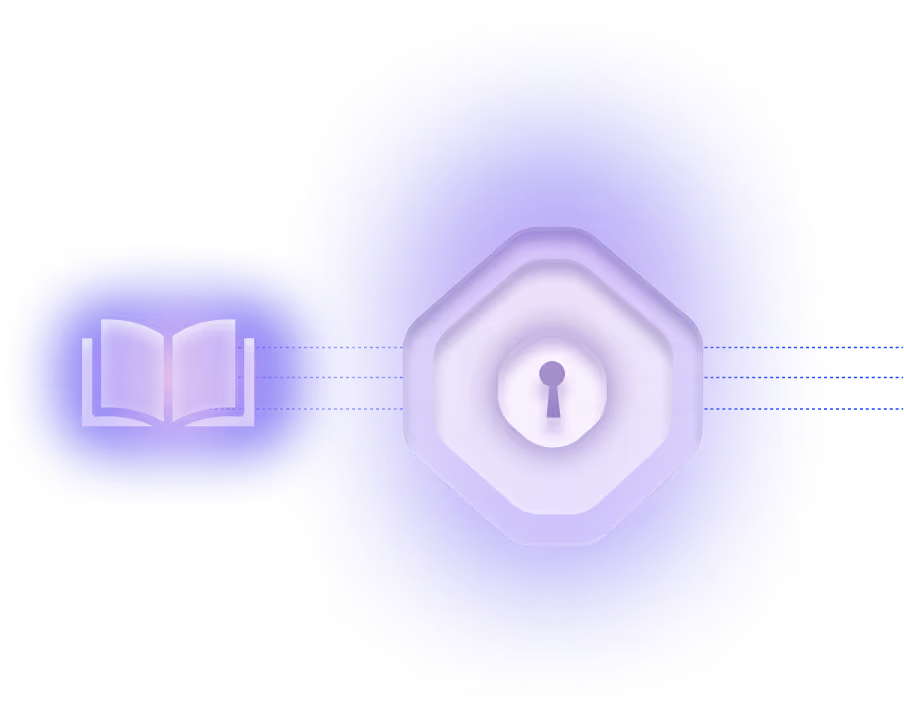GCP Secret Vault

What is GCP Secret Vault?
“GCP Secret Vault” commonly refers to Google Cloud Secret Manager (GSM)—a fully managed service that securely stores, manages, and controls access to sensitive data such as API keys, passwords, certificates, and other secrets. It is a foundational component of Google Cloud Platform (GCP)’s data protection strategy, offering built-in encryption, versioning, fine-grained access control, and integration with other GCP services. GSM supports both Google-managed encryption and Customer-Managed Encryption Keys (CMEK) through Cloud KMS, enabling enterprises to retain cryptographic control over their secrets.
Why is it important?
In modern cloud environments, particularly those operating at scale, secrets management is critical for securing Non-Human Identities (NHIs)—including service accounts, automated scripts, and CI/CD pipelines. GSM provides a secure and centralized repository that reduces the risk of secret sprawl, hardcoded credentials, and unauthorized access. Its integration with GCP IAM and Workload Identity Federation (WIF) further supports zero-trust principles by enabling ephemeral, just-in-time access to secrets without relying on long-lived credentials. This makes GSM an essential tool for enforcing least privilege and protecting machine-to-machine communications.
What are common applications or use cases?
In practice, GSM is widely used to secure secrets for NHIs operating in CI/CD workflows, serverless functions, and containerized applications. For example, a GitLab pipeline may use WIF to exchange a short-lived OIDC token for GCP credentials, allowing the job to retrieve secrets from GSM without storing permanent keys. Enterprises also use GSM to manage cross-project secrets access, automate secret rotation using Cloud Scheduler or Eventarc, and enforce access policies using IAM conditions such as IP restrictions or time-based access windows.
What is the connection to NHIs (Non-Human Identities)?
GSM plays a central role in securing the lifecycle of NHIs by managing the secrets they consume. By integrating with GCP IAM, GSM enforces granular access controls tailored to each NHI’s context, reducing the attack surface created by overprivileged service accounts. Additionally, with features like versioning, automated rotation, and audit logging, GSM enables organizations to monitor how NHIs interact with secrets and respond quickly to anomalies or potential breaches.
Are there any notable industry data, trends, or standards?
Recent industry assessments reveal that over 60% of NHIs in enterprise environments are overprivileged, and 71% use outdated secrets. GSM addresses these gaps by supporting IAM Recommender for permission right-sizing and enforcing rotation policies via Organization Policy Service. Moreover, its alignment with NIST guidelines on machine identity lifecycle management and integration with emerging technologies like ephemeral credentials and AI-driven anomaly detection positions GSM as a strategic asset for identity-first security programs.
What is the broader impact or takeaway?
As enterprises scale their use of cloud-native architectures, the number of NHIs grows exponentially—often outpacing human identities by a factor of ten. GCP Secret Manager helps organizations meet this challenge by providing a secure, auditable, and automated platform for managing secrets across hybrid and multi-cloud environments. Its role in securing NHIs directly supports business outcomes such as minimizing breach risk, achieving regulatory compliance (e.g., HIPAA, PCI DSS, SOC 2), and accelerating DevOps workflows without compromising security.





